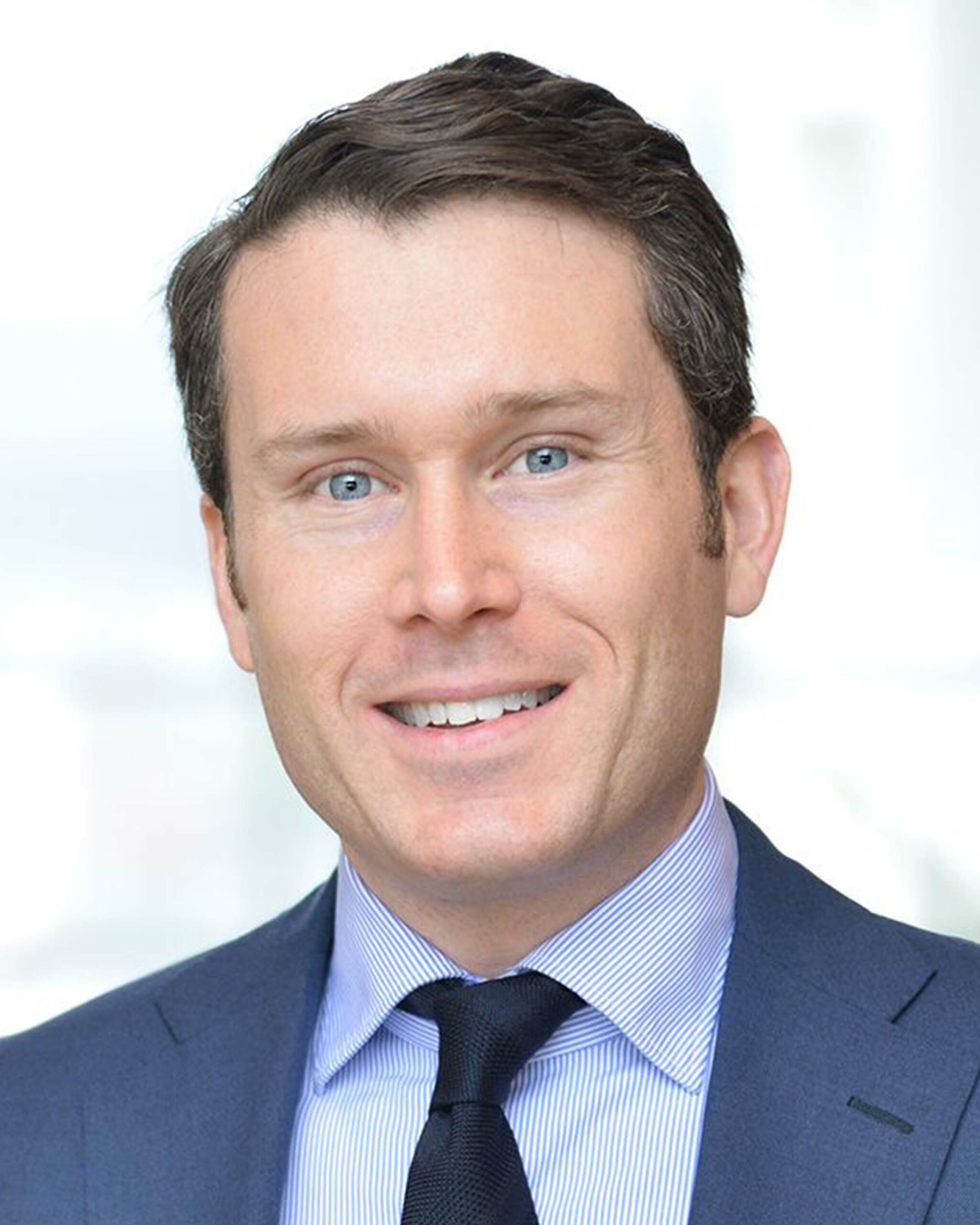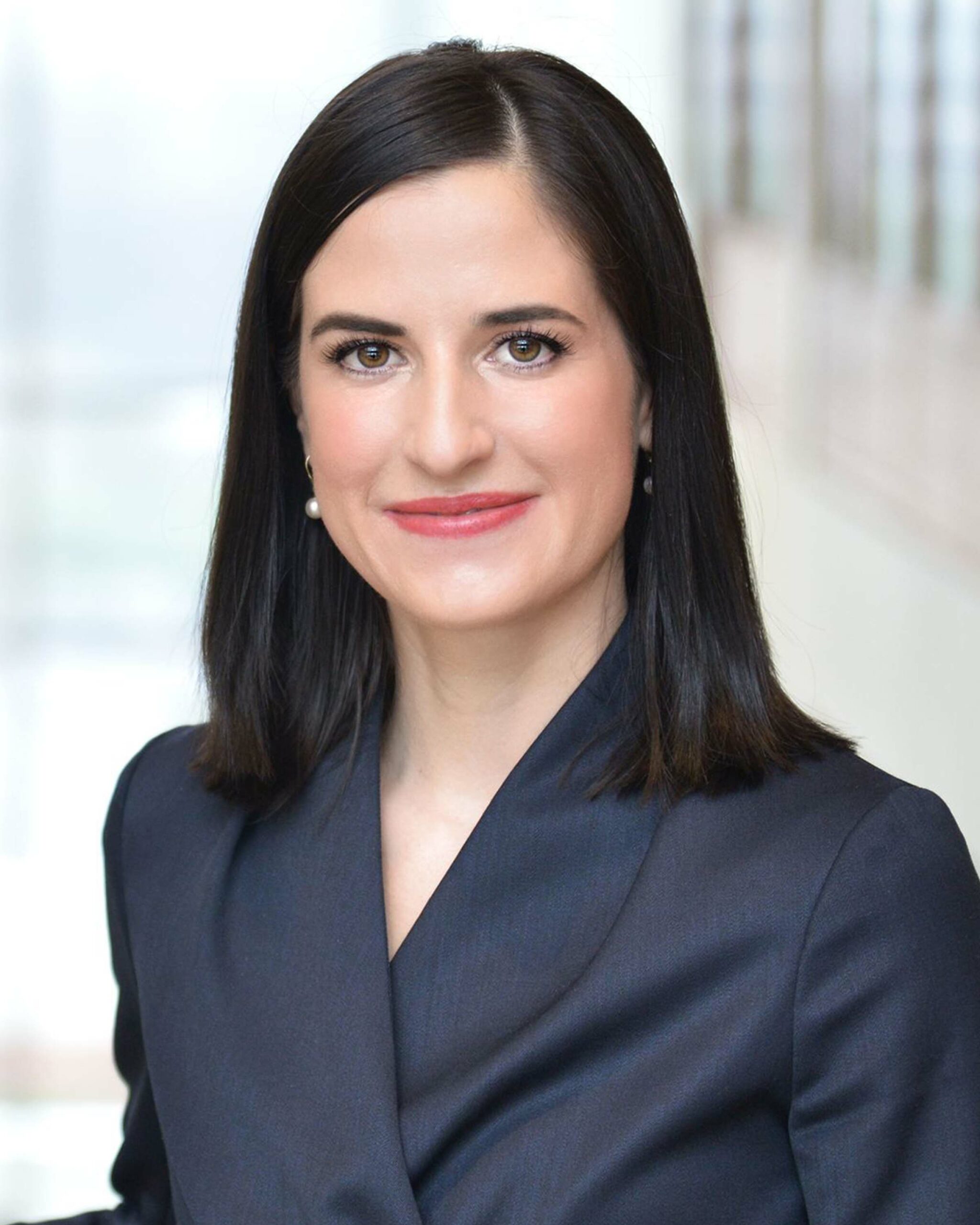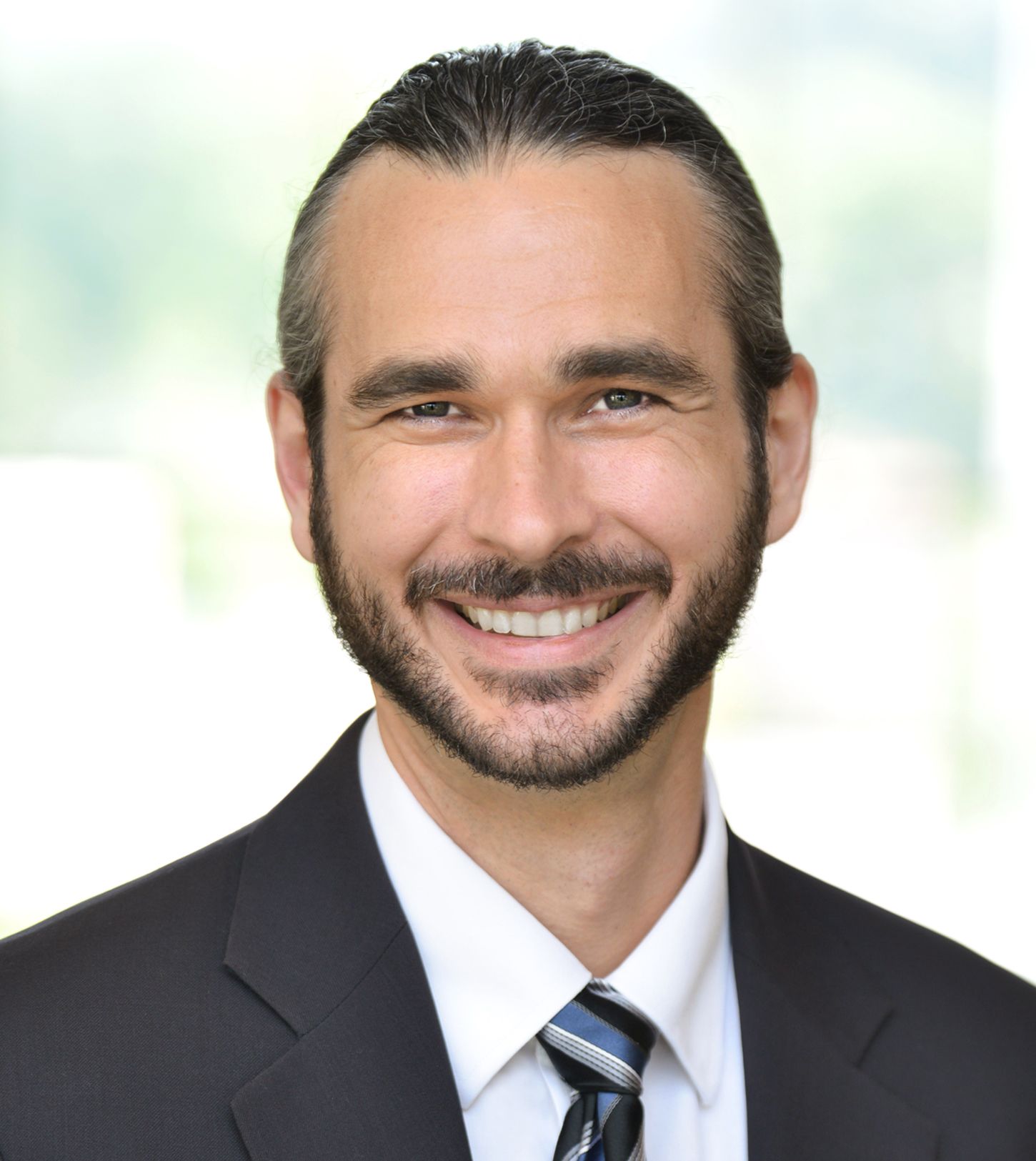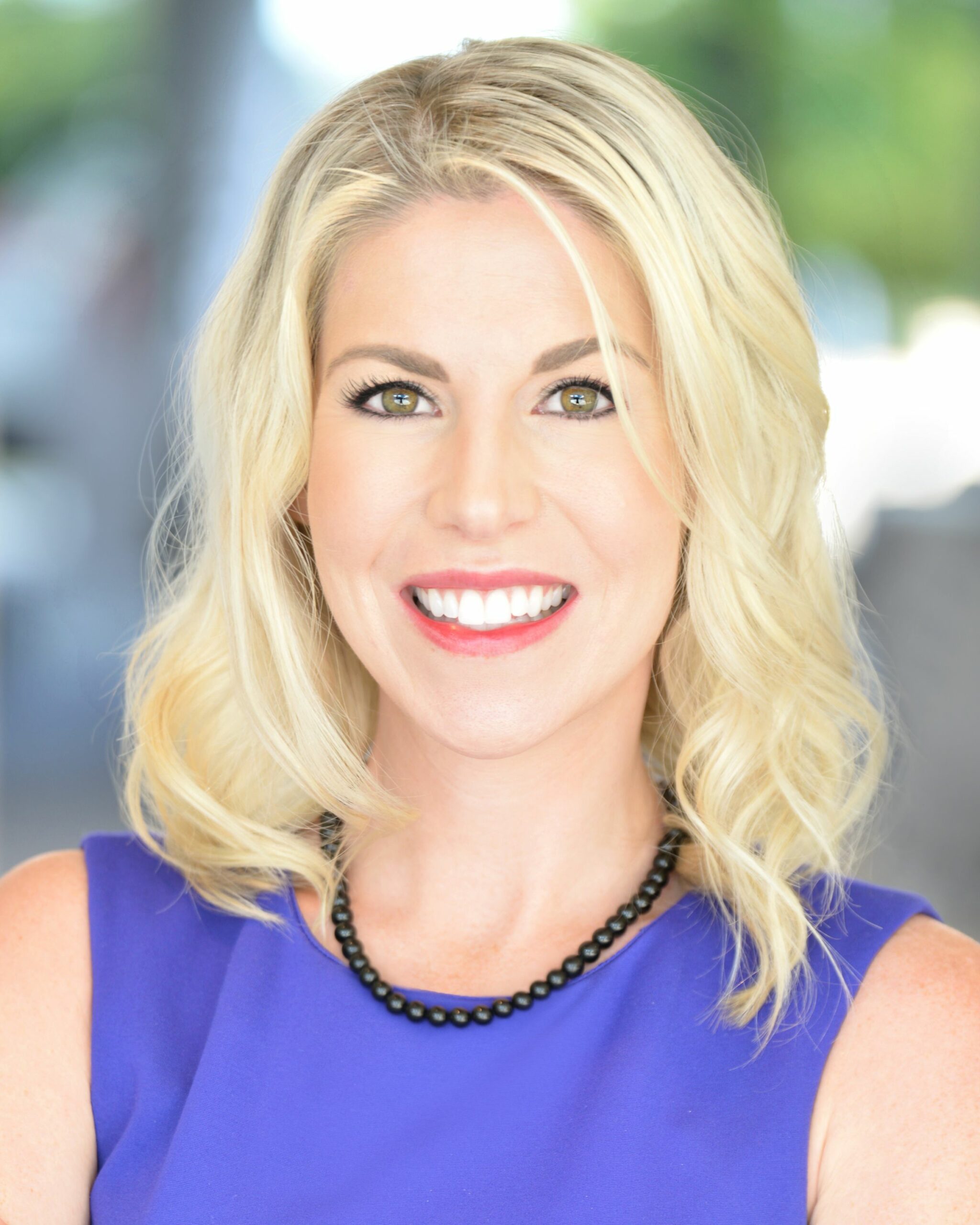As patients, we take for granted that our medicines are safe and pure and that the side effects have been honestly disclosed to us so that we can make informed decisions about what to put in our bodies. That is the ideal. Unfortunately, the reality is often quite different. Every year, tens of millions of drugs are recalled because drugmakers take shortcuts in how they manufacture medicine. You may have received a letter in the mail advising you that your drug was recalled, but you probably still have questions about what that means. This page will answer some common questions patients have about drug recalls.
What is a drug recall?
A drug recall ordinarily means there is some defect with a drug serious enough to warrant taking it off the shelves and advising patients that there is a problem with their medication. Most drug recalls happen when drug companies fail to follow FDA requirements for safe manufacturing, which are designed to prevent the distribution of unsafe drugs into the market. If a drug is recalled, it means the drug never should have been sold in the first place. Examples include contamination with carcinogens, the presence of too much or too little active ingredient, which can trigger effects like cardiac arrest, and unsanitary manufacturing conditions. Drug companies are required to manage their manufacturing operations to avoid defects like that before medicine is distributed and sold, so the presence of a recall demonstrates a serious lapse in quality control.
Are there different types of drug recalls?
The FDA classifies recalls according to their severity, using three main categories: Class I, Class II, and Class III. A Class I recall means “there is a reasonable probability that the use of or exposure to a violative product will cause serious adverse health consequences or death.” In other words, a defective drug may cause permanent injuries or even death. Class II recalls present serious but “temporary or medical reversible adverse health consequences,” or lower-probability risks. Class III recalls, which are less common, are for situations where a health effect is unlikely but the drug should still be recalled. All recalls are serious, but Class I and Class II are the most serious types of recalls because they mean that patients’ health is at risk. According to the Block Firm’s analysis of data for 2024, approximately 87% of drug recalls were Class I or Class II.
I received a drug recall notice. Does that mean my medicine is dangerous?
Many drug recalls are for reasons that could affect the safety and efficacy of your medication, especially Class I recalls, which are for imminent hazards. However, it can also be dangerous to abruptly stop taking your medication—which is one reason drugmakers are not supposed to sell defective drugs. You should always talk to your doctor before changing your medication. You can learn more about your specific recall on the FDA’s Enforcement Reports site, which is here: https://www.fda.gov/safety/recalls-market-withdrawals-safety-alerts/enforcement-reports.
What does it mean if my drug has been recalled?
If your drug has been recalled, it likely means there is some problem with how the drug was manufactured. It may be contaminated, or have too little or too much active ingredient, or expire too quickly. You can learn more from FDA here: https://www.fda.gov/safety/recalls-market-withdrawals-safety-alerts/enforcement-reports.
Why doesn’t my drug recall notice provide more information?
In our experience, drug companies say as little as possible about the defect that led to the recall. The notices also tend to take a long time to arrive, because drug companies usually rely on pharmacies or health insurance companies to deliver the news, typically by mail. The notification process can take weeks or even months, during which unsuspecting patients continue to take unsafe medication. Sometimes, the delay has proven fatal. There have been efforts in Congress to speed up the recall notification process, but it is still a matter of too little, too late.
I received a drug recall notice. What should I do?
First, consult your physician who can give you guidance about how to proceed. You can also contact your pharmacy, which ought to be able to give you a replacement prescription. If you’ve been injured, you can report your injury to the FDA’s MedWatch program, which gathers information on defective drugs, at 1-888-INFO-FDA (1-888-463-6332). If you’ve been injured by a defective drug and want to learn more about your legal rights, contact an attorney. The attorneys at The Block Firm have a successful track record of holding drug companies accountable.
Learn More
If you’d like to learn more about The Block Firm’s efforts to hold drugmakers accountable when they make unsafe medicine, you can read more in the links below:
The Block Firm Files Class Action Lawsuit Against Glenmark Pharmaceuticals
The Block Firm Files Class Action About Contaminated Drugs
Court Grants Final Approval to $46.5 Million Class Action Settlement Against Acella Pharmaceuticals







